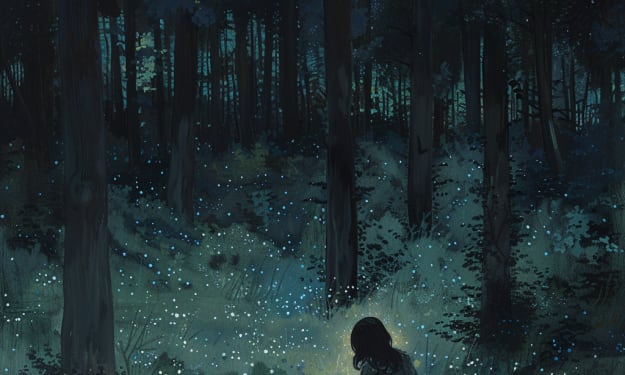The Remnants of Empire: How the Ghost of the Soviet Union Still Haunts Russia and Its Neighbors
Russia and the former Soviet republics still search for identity and cohesion 30 years after the collapse of the USSR

Thirty years after the collapse of the Soviet Union, the 15 republics that emerged as independent states are still grappling with their post-Soviet identity and relationship with Russia.
Moscow today bears the contradictions of the new Russia - the gleaming business towers alongside Soviet symbols like Lenin's mausoleum and the lingering influence of the Kremlin. President Putin rules over the largest country in the world, and has leveraged nostalgia for Soviet greatness to consolidate his authoritarian grip on power.
The legacy of the Soviet collapse was mixed for the newly independent states. Some like the Baltic countries gravitated toward Europe, while others remain in Russia's orbit. All are still defined by their ties to Russia - whether cooperative or conflicted.
Armenia and Azerbaijan have been locked in a bitter war over the disputed Nagorno-Karabakh region for decades, with ethnic and religious dimensions. Despite a fragile ceasefire, lasting peace remains elusive. The war barely registers internationally, despite the human toll.
Many Russians were left stranded in newly independent states after 1991. 25 million Russians suddenly found themselves inhabitants of foreign countries overnight. This colored Russia's perceptions of the Soviet collapse as a humanitarian catastrophe.
The Commonwealth of Independent States was an unsuccessful attempt to preserve some links between the Soviet republics. Today it exists in name only. The Baltic states withdrew entirely, and sought integration with the EU and NATO - seeing Russia as a threat.
The Baltic states like Lithuania have undergone an economic revival through embracing the West. But divisions remain between Lithuanians and the large Russian minority population. Russian influence persists through media and the internet.
Russia feels threatened by NATO’s eastward expansion. But experts say Russia has no rationale to attack the Baltics or Poland. Putin’s saber-rattling seems more for domestic audiences to stoke nationalist pride.
The chaotic transition to capitalism in the 1990s led to economic turmoil, corruption, and disillusionment with the West. Democracy became associated with instability. Putin brought stability, but at the cost of authoritarianism.
Belarus remains a loyal Russian ally, with a largely unreformed Soviet-style economy and authoritarian leader Lukashenko. Yet cracks are appearing after mass protests against his regime.
In Ukraine, efforts to align with the West have been hampered by corruption and ongoing conflict with Russian-backed separatists. Crimea’s annexation by Russia in 2014 was seen as a defiance of international law.
Central Asian republics like Kazakhstan and Kyrgyzstan still have close ties to Russia. Millions of migrant workers in Russia send remittances home. But Islamic identity is resurging as Soviet secularism fades.
The brutal wars in Chechnya alienated liberal Russians from the Kremlin. Critics like journalist Anna Politkovskaya who exposed abuses were attacked or killed. The regime crackdown revealed the limits of dissent.
Putin’s social contract traded political freedoms for stability and restored national pride. The Orthodox Church is now an influential bastion of conservative values. But living standards still lag despite resource wealth.
China is cautiously courted as an economic partner, but fears of Russian domination linger. Russia uses ties with Central Asia to counterbalance China's influence in the region. But dependencies on China are growing.
Surveys show Russians have mixed views on the Soviet past. Nostalgia exists for elements like stability and superpower status. But the consensus is there is no going back - Putin can leverage Soviet nostalgia but not reconstitute it.
The human cost of severed familial and cultural ties across newly divided borders remains. But the Soviet collapse also allowed national self-determination and opened opportunities to integrate with the West.
Russia retains global clout, but its repressive politics and weak economy limit its potential. The country has yet to find a post-imperial identity that resolves its contradictions - between Europe and Asia, democracy and authoritarianism, and nostalgia and progress.
The verdict is still out on whether the Soviet collapse was a geopolitical catastrophe or a chance at rebirth finally being realized. Either way, its ripples continue to shape the futures of millions across the former Soviet lands. Their shared history guarantees that their destinies will remain intertwined with Russia.
About the Creator
KWAO LEARNER WINFRED
History is my passion. Ever since I was a child, I've been fascinated by the stories of the past. I eagerly soaked up tales of ancient civilizations, heroic adventures.






Comments
There are no comments for this story
Be the first to respond and start the conversation.